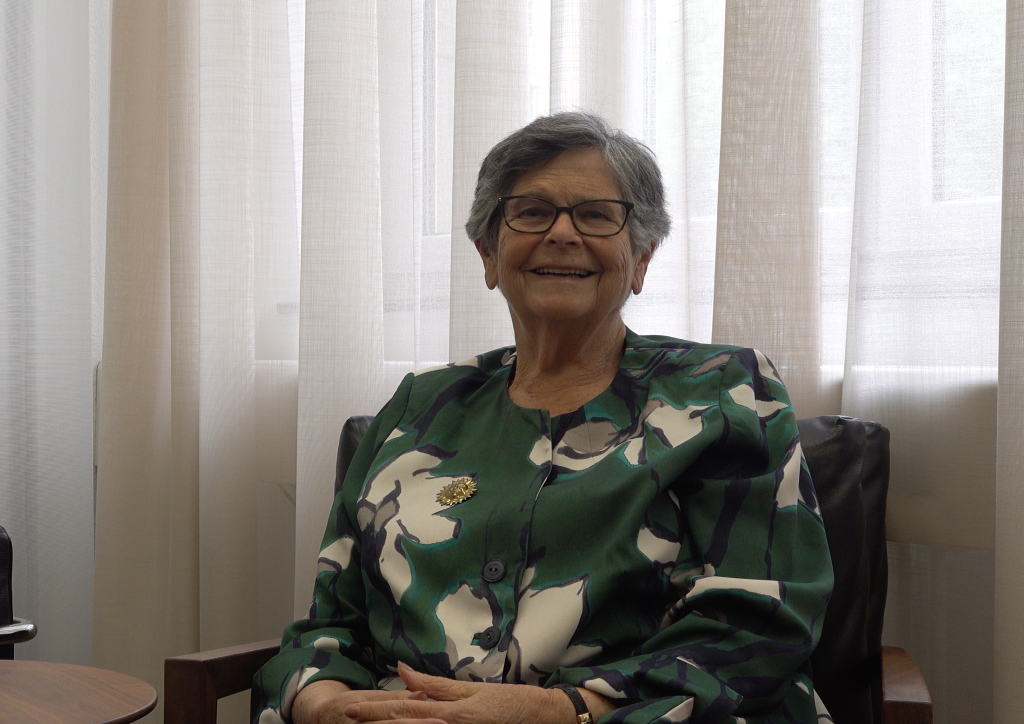A conversation with former Federal Councillor Ruth Dreifuss reveals how closely social and political change are linked. She was a member of the Swiss government from 1993 to 2002. Born in 1940, she grew up in a middle-class family with loving parents who fulfilled the traditional roles of father and mother. Her youth was marked by an intense preoccupation with world events, particularly anti-Semitism and the history of the Jewish minority.
On the advice of her parents, she went to business school because they felt it was important for her to be economically independent, even as a woman. Although marriage was the normal destiny for a woman, she would also need to earn money in the event of divorce, unemployment or the death of her husband. After graduating from business school and gaining her first professional experience, she embarked on a long journey that took her from social work to development aid and finally to her role as secretary of the Swiss Federation of Trade Unions. Her political socialisation was strongly influenced by international issues, and she was active in movements against racism and in support of anti-colonial efforts and the fight for democracy in Spain and Portugal. In Switzerland, she campaigned against xenophobia, for social security and for equal rights for women and men in all areas of life.
In her political work, her attitude was clear and consistent: ‘First understand, then act’. Throughout her career in various political and social fields, she has shown a remarkable ability to forge political alliances. Her commitment to maternity insurance reform is particularly noteworthy. For decades, she campaigned for mothers to receive several weeks’ paid leave after
As a member of the Federal Council, she stood her ground and repeatedly prevailed against opposition from various political camps that tried to to block reforms or to implement deteriorations in existing social programmes. Her entire political career was marked by the conviction that real change can only be achieved if one has the courage to address existing injustices and to work out, propose and convince those affected of the need for solutions to overcome them.
Her career shows that her commitment was not only political, but deeply rooted in her vision of a just and inclusive society.

